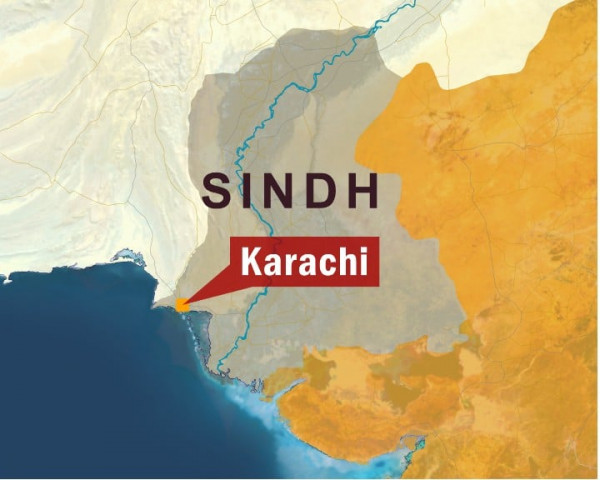The case of the missing Rs10m

The ministry became a separate entity in November 2008; prior to that it was part of the Ministry of Law and Justice. The idea behind separating the two was that the independent ministry would be better able to monitor human rights violations and deal with issues of missing persons and honour killings among others.
In the 2009-2010 budget, while the prime minister’s special assistant on economic affairs Hina Rabbani Khar promised establishing the Benazir Shaheed Human Rights Fund with the Rs10 million, the money could not be utilised.
Meanwhile, the government further established two other funds in 2008 when the ministry was formed, Women Distress and Detention Fund, and Relief and Revolving Fund, to provide relief to victims of abuse. Money for these funds was raised by asking provinces to contribute from their budgets, which they did. According to the Deputy Secretary Administration Muhammad Akram Bhatti the two funds are the same.
The Federal Secretary of the Ministry of Human Rights Justice (retired) Riaz Kayani also told The Express Tribune that the ministry has only been able to provide financial relief to people from the Women Distress and Detention Fund and Relief and Revolving Fund over the past year while the Benazir Shaheed Human Rights Fund remains unutilised.
Kayani said that the Benazir fund could not be disbursed to the provinces as the Ministry of Human Rights is relatively new and “they are still busy planning how this fund should be utilised.”
However, several quarters have been complaining that despite sending suggestions to the ministry about using the money to provide legal aid to victims of human rights abuses, those in charge of the money have not responded positively.
“Originally, this amount was set aside by former prime minister Benazir Bhutto who created a human rights wing in the Ministry of Law and Justice in 1996 but with the dissolution of her government the funds could not be utilised for the purpose,” said Chairperson National Commission on the Status of Women (NCSW) Anis Haroon. As member of the Federal Law and Justice Commission, the NCSW is entitled to a share from the allocated funds.
“We have contacted several concerned ministries in this regard, but no one knows where those Rs10 million are and why they have not been utilised yet. Initially, we were told they were given to the Ministry of Women Development and later informed that the new Ministry of Human Rights is now in charge of that money,” said Haroon, who disagreed with Kayani’s reasoning that the ministry is still in the planning phase. “Eighteen months are more than enough to decide how the money can be put to good use. Here we are raising funds through private channels to help victims and provide them legal aid while public money reserved for the purpose remains unutilised.”
Meanwhile, provinces complain that owing to a limited budget, the performance of their human rights regional offices is not up to the mark. “In my opinion, part of this Rs10 million should be allocated to each province to increase our workforce so that we can work more efficiently,” suggests the director of the human rights regional office, Lahore, Arshad Malik.
The Lahore office receives at least 15 to 20 cases of human rights violation every day, but is unable to provide immediate relief to the victims due a shortage of funds and resources. “Our staff is insufficient and we only have one car so it becomes difficult to help every family, especially in the districts,” said Malik. Director Regional Office Quetta Saeed Ahmad Khan told The Express Tribune that some financial relief was provided to victims of rape and honour killings in Balochistan through the Relief and Revolving Fund while the Women Distress and Detention Fund was used for prison reforms. However, they are still missing money from the Benazir fund.
Since there is no separate provincial human rights ministry, cases from the regional office are sent to the federal ministry every month for verification before the money is released. This process can take between 15 days to a month. “This can be quite a long wait, especially for the Internally Displaced Persons who have needed immediate relief in Peshawar over the past year,” said Muhammad Sulaiman, director regional office Peshawar. So far, the highest amount disbursed to any victim is Rs20, 000, from the Relief and Revolving Fund, and the lowest amount is Rs5,000.
In Haroon’s opinion, a more efficient system needs to be introduced by the ministry for it to be perceived as “effective” by human rights observers. But the ministry’s commitment and progress can be judged from its website where all sections are “under construction” since December 2008.
Published in the Express Tribune, June 3rd, 2010.



















COMMENTS
Comments are moderated and generally will be posted if they are on-topic and not abusive.
For more information, please see our Comments FAQ